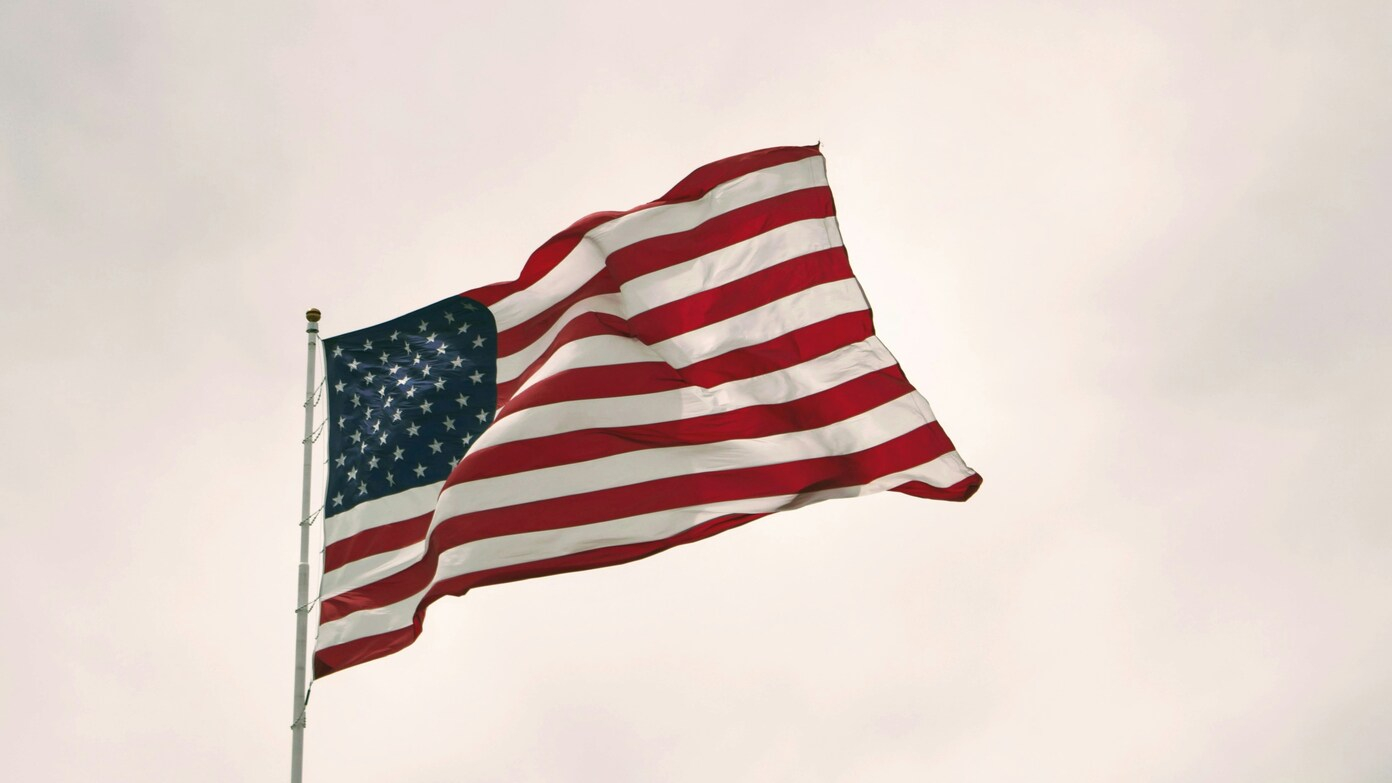President Donald Trump repeated his promise to “take back” the Panama Canal on Sunday, warning of “powerful” U.S. action in an ongoing dispute with Panama over China’s growing presence near the vital waterway. The Panama Canal is a crucial route for global trade, connecting the Atlantic and Pacific Oceans. Trump claimed that China is unfairly influencing the canal, which he said was “foolishly” given to Panama in the past. He warned that the U.S. would either reclaim control or take strong measures to address the situation.
Trump’s comments came after U.S. Secretary of State Marco Rubio met with Panama’s President Raúl Mulino to discuss concerns about China’s involvement in the region. While Mulino assured Rubio that Panama’s control over the canal is not up for debate, he also addressed U.S. worries about China’s influence. Mulino said Panama would not renew a 2017 agreement with China’s Belt and Road Initiative, a global infrastructure project. He also hinted that the deal with China could end sooner than expected.
Panama seeks U.S. investment, rejects military action
During the meeting, Mulino emphasized that Panama wants to strengthen its relationship with the U.S. and attract more American investments, especially in infrastructure projects. He said the visit by Secretary Rubio opened the door for better cooperation between the two countries. However, Mulino made it clear that Panama’s sovereignty over the canal is non-negotiable. He also dismissed the idea that the U.S. would use military force to retake the canal, calling such a move unlikely.
The Panama Canal was returned to Panama in 1999 under a 1977 treaty. This treaty allows the U.S. to intervene militarily if the canal’s operations are disrupted by internal conflict or a foreign power. Today, the canal handles more cargo than ever before, making it a critical part of global trade. Mulino said he does not believe the U.S. would use military force to regain control, as it would be costly and damaging to both countries’ reputations.
Concerns over Chinese influence in Panama
One of the main concerns for the U.S. is the presence of Chinese companies operating near the canal. Mulino revealed that Panama is conducting an audit of a company linked to China that operates two terminals near the canal. The company, Panama Ports Company, is part of a subsidiary of Hong Kong-based CK Hutchison Holdings, one of the world’s largest port operators. However, the company does not control access to the canal. Its role is limited to loading and unloading cargo and supplying fuel to ships.
Mulino said Panama will wait for the audit to be completed before taking any legal action. He also stressed that Panama is committed to maintaining the canal’s neutrality and ensuring it remains a reliable route for international trade. The U.S. has expressed concerns that China’s growing influence in the region could threaten the canal’s operations, but Mulino assured that Panama is taking steps to address these worries.
U.S. and Panama discuss migrant repatriation program
In addition to discussing the canal, Mulino and Rubio talked about expanding a program to repatriate migrants who enter Panama illegally. The program, signed in July, aims to reduce irregular migration through the Darien Gap, a dangerous rainforest region that connects South and Central America. Migrants from countries like Venezuela, Colombia, and Ecuador often pass through the Darien Gap on their way to the U.S. or Canada.
Mulino said Panama is willing to work with the U.S. to send these migrants back to their home countries, but he insisted that the U.S. would have to cover all costs. “Panama won’t invest a single dollar in it,” he said. The program is part of efforts to address the growing number of migrants crossing through Panama, which has become a major transit point for people seeking better opportunities in North America.
